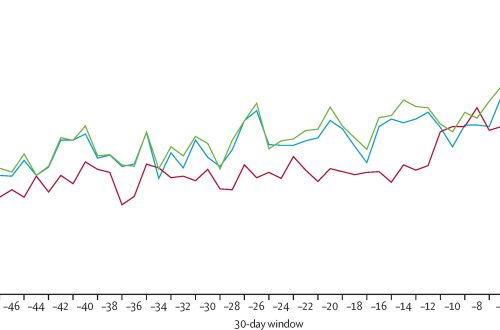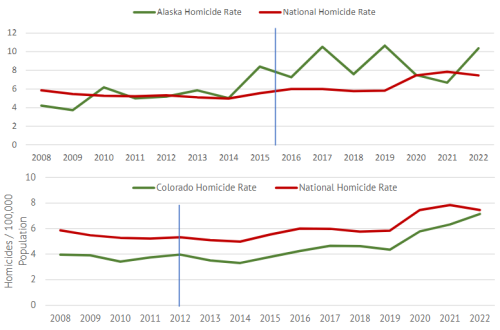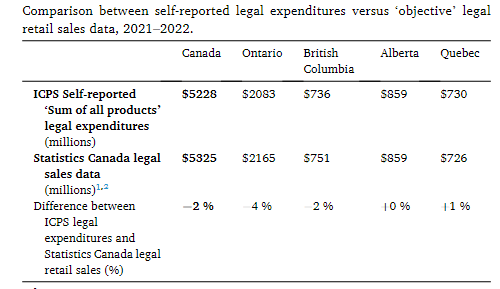“Drugs have destroyed many people, but wrong policies have destroyed many more”, said Kofi Annan, the former UN Secretary-General. Indeed, international drug policy has been fraught with inconsistency and controversy. Global drug control started when the first international drug treaty—The International Opium Convention—was signed at The Hague, Netherlands, in 1912. However, a global system against narcotic drugs was not fully fledged until 1961, when the Single Convention on Narcotic Drugs was adopted. The Convention is an international treaty that seeks to prohibit production and allow supply of narcotic drugs exclusively for medical and scientific purposes, and combats drug trafficking through international cooperation. Although considered as a landmark convention in the history of the campaign against narcotic drugs and the bedrock of the current UN-based global drug control regime, the Single Convention on Narcotic Drugs was also criticised as neither reflecting the huge negative impact of pursuing drug prohibition on public health and human rights nor being scientifically grounded. For the first time in two decades, the UN General Assembly’s Special Session (UNGASS; April 19–21, 2016) will be about the world drug problem. It will be a crucial moment for revisiting and reforming international drug policy.



